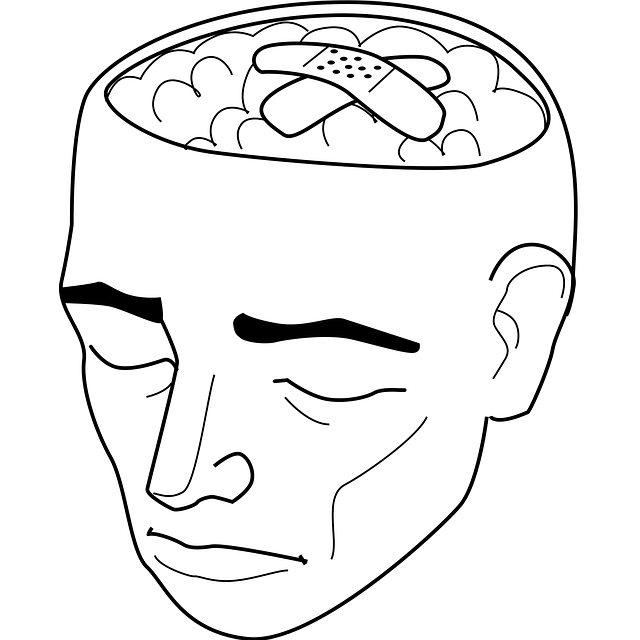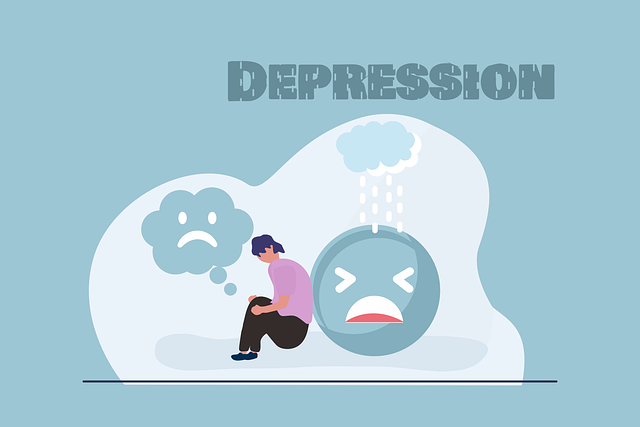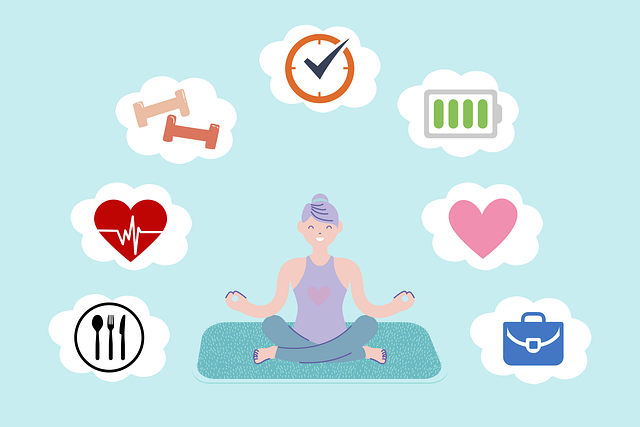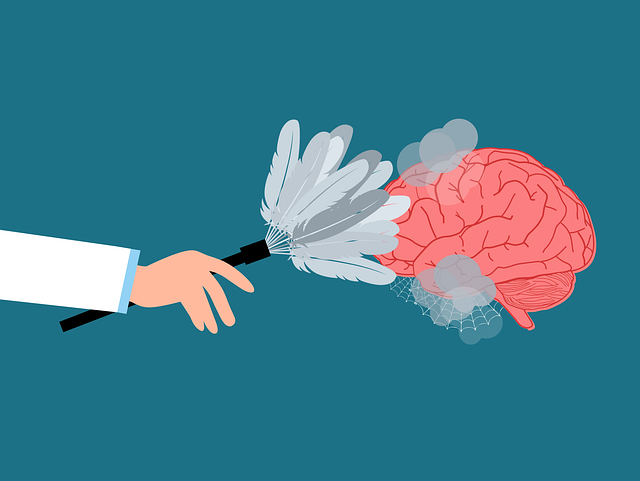Mental wellness is about overall emotional, psychological, and social well-being, achieved through self-care activities like exercise, sleep, and nutrition. Integrating Superior Cognitive Processing Therapy (SCPT) into self-care routines significantly enhances mental health by targeting cognitive functions, promoting self-compassion, improving mood management, preventing burnout, and fostering personal growth. A personalized self-care plan, enriched with mindfulness, exercise, and gratitude, combined with SCPT techniques, empowers individuals to reduce anxiety, enhance well-being, and build resilience in the face of life's challenges.
Mental wellness is paramount in today’s fast-paced world. Understanding and prioritizing self-care is essential for maintaining optimal mental health. This article guides you through a comprehensive approach, starting with deciphering mental wellness and the power of self-care. We explore how integrating Superior Cognitive Processing Therapy (SCPT) into your routine can significantly enhance cognitive processing and emotional well-being. Additionally, we provide actionable steps to create a personalized self-care plan tailored to your unique needs.
- Understanding Mental Wellness and Self-Care
- Integrating Superior Cognitive Processing Therapy into Your Routine
- Creating a Personalized Self-Care Plan for Optimal Mental Health
Understanding Mental Wellness and Self-Care

Mental wellness is a state of emotional, psychological, and social well-being where individuals realize their potential, can cope with normal stresses of life, work productively, and are able to contribute to their communities. It encompasses not just the absence of mental illness but also the presence of positive emotions, resilience, and strong relationships. Understanding mental wellness is crucial for developing a meaningful self-care routine that addresses all aspects of our being—mind, body, and spirit.
Self-care in the context of mental wellness involves intentional activities designed to nurture and support one’s emotional health. This includes adopting healthy habits such as regular exercise, adequate sleep, and balanced nutrition. More specifically, Compassion Cultivation Practices and Superior Cognitive Processing Therapy can play pivotal roles in self-care routines. These practices help individuals develop a deeper sense of self-compassion and enhance their ability to manage moods effectively, thereby preventing burnout—a common issue among healthcare providers. By integrating such therapeutic approaches into daily life, individuals can better navigate stressors and cultivate a more positive mindset, ultimately leading to improved mental wellness and overall quality of life.
Integrating Superior Cognitive Processing Therapy into Your Routine

Integrating Superior Cognitive Processing Therapy (SCPT) into your self-care routine can significantly enhance mental wellness. SCPT focuses on improving cognitive functions like attention, memory, and decision-making, which are crucial for daily resilience building. By participating in regular sessions that involve structured conversations and tailored exercises, individuals develop better coping strategies and enhanced self-awareness. This therapy not only promotes personal growth but also fosters a deeper understanding of one’s thoughts and emotions, making it an effective tool within any comprehensive self-care regimen.
Community outreach program implementation can further enrich SCPT integration. Group sessions allow participants to share experiences, offer support, and learn from each other, thereby strengthening social connections and amplifying the therapy’s benefits. Self-awareness exercises, a key component of SCPT, encourage introspection and mindfulness, helping individuals recognize triggers and manage stress more effectively. Embracing these practices can lead to profound personal transformations, making your self-care routine not just effective but also sustainable.
Creating a Personalized Self-Care Plan for Optimal Mental Health

Developing a personalized self-care plan is an empowering step towards optimal mental health. It involves understanding your unique needs and incorporating activities that nourish your mind and soul. This process begins with self-reflection, allowing individuals to identify triggers and sources of stress through Superior Cognitive Processing Therapy (SCPT) techniques. By assessing one’s emotional responses and thought patterns, one can gain valuable insights into their mental wellness landscape.
A tailored self-care routine may include a combination of practices such as mindfulness meditation, regular exercise, adequate sleep hygiene, and engaging in hobbies or creative outlets. For instance, implementing stress management strategies like deep breathing exercises or yoga can significantly reduce anxiety levels and enhance overall well-being. Additionally, setting realistic goals, practicing gratitude, and seeking professional support when needed (including a risk assessment for mental health professionals) are integral components of maintaining a healthy balance. This proactive approach equips individuals with the tools to build confidence, navigate life’s challenges, and foster a positive mindset.
Developing a robust mental wellness self-care routine, incorporating practices like Superior Cognitive Processing Therapy, is a powerful tool for managing and enhancing your mental health. By understanding your unique needs and tailoring a personalized plan, you can navigate life’s challenges with resilience. This journey of self-care empowers you to cultivate a deeper sense of well-being, fostering both stability and growth in all aspects of your life.














